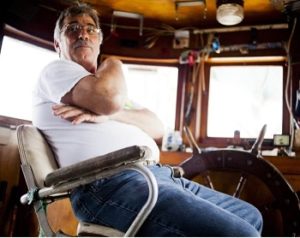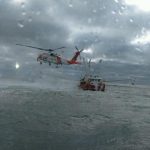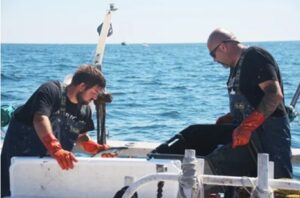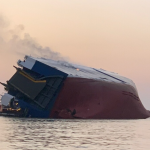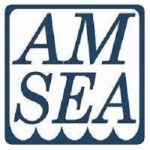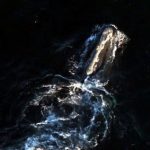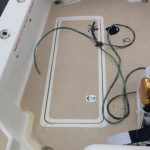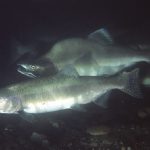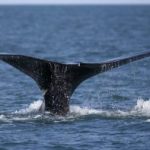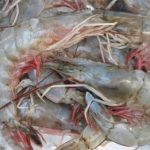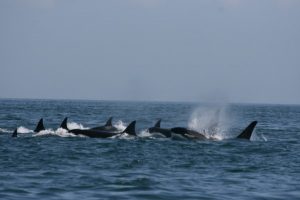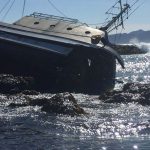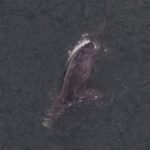Daily Archives: July 26, 2020
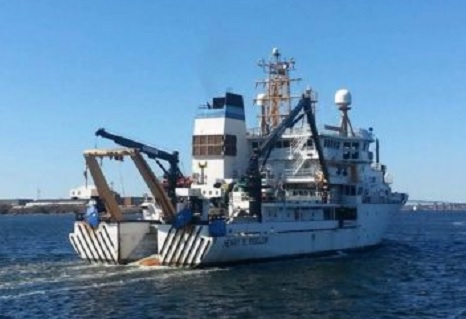
Coronavirus: COVID-19 and mandated on-board fisheries observers during the pandemic resurgence
The NOAA/NMFS “Navy’s” at-sea surveys in the Northeast region were cancelled at the beginning of the COVID-19 pandemic and will not be resumed for at least the remainder of this year. “Since March, we have been rigorously analyzing various options for conducting cruises this year and are taking a 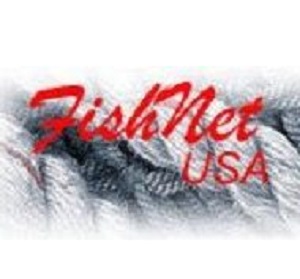 survey-by-survey, risk-based approach. After much deliberation, we determined that there was no way to move forward with these surveys while effectively minimizing risk and meeting core survey objectives,” according to officials at the Northeast Fisheries Science Center in a statement issued July 10.,,, But mandatory on-board observers pose no COVID 19 threat to commercial captains or crew?,, the mandatory on-board observers are scheduled to be back aboard commercial fishing vessels come August. >click to read< By Nils Stolpe, http://fishnet-usa.com/ 21:08
survey-by-survey, risk-based approach. After much deliberation, we determined that there was no way to move forward with these surveys while effectively minimizing risk and meeting core survey objectives,” according to officials at the Northeast Fisheries Science Center in a statement issued July 10.,,, But mandatory on-board observers pose no COVID 19 threat to commercial captains or crew?,, the mandatory on-board observers are scheduled to be back aboard commercial fishing vessels come August. >click to read< By Nils Stolpe, http://fishnet-usa.com/ 21:08

Nfld. & Labrador to research live seafood cold storage at Gander International, Port aux Basques for International Export
The Department of Fisheries and Land Resources is looking into creating new areas for cold storage of live seafood in the province, allowing more product headed for international markets to come directly from Newfoundland and Labrador. The provincial government announced $100,000 to determine the feasibility of creating cold storage facilities in Port aux Basques and at Gander International Airport Monday. Fisheries Minister Gerry Byrne said the idea is centred around creating cold storage for live products like lobsters and oysters. >click to read< 16:52
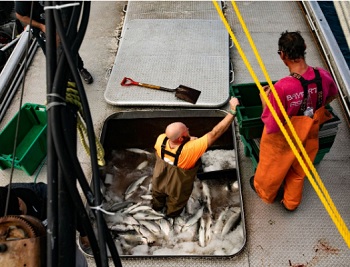
Michigan’s dying commercial fishing industry fears state fishery bills will be final nail in the coffin
The once vibrant commercial fishing industry in Michigan has dwindled down from thousands of businesses to just 13 full-time fisheries. And those that are left are afraid legislation in a state Senate committee could be the end of the industry all together. That their mom-and-pop style operations would move out of the Great Lakes for good, and leave the door open only for large, investor-style corporations to take over the industry. This is all part of an ongoing battle in the Great Lakes between commercial fishing and sport fishing. >click to read< 15:02

New Beijing coronavirus outbreak deals blow to China consumer confidence with seafood sales dropping 70%
The new COVID-19 outbreak in Beijing has dealt a heavy blow to the nation‘s seafood sector, pushing sales down 60-70 percent compared with pre-pandemic levels, and analysts said it‘s the worst time for the industry in decades. Seafood orders are canceled and marketplaces are shut in Beijing, where about 25 percent of China‘s seafood consumption takes place. Consumers elsewhere in the country are cautious, too, and it‘s taking a heavy toll on the sector. >click to read< 12:50
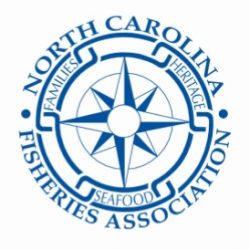
North Carolina Fisheries Association Weekly Update for July 24, 2020
Legislative updates, Bill updates, Calendar, >Click here to read the Weekly Update<, to read all the updates >click here<, for older updates listed as NCFA >click here<12:02
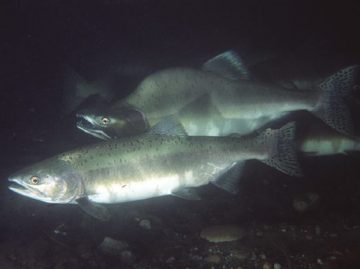
Humpy catch on the rise – ADF&G data shows PWS salmon harvest at over 9.4M fish
An estimated 800,000 were harvested in Prince William Sound on Sunday, July 19, boosting the cumulative pink salmon harvest to an estimated 5.6 million common property fish, and the overall estimated commercial catch for the fishery to 9.4 million salmon. Still fishery managers in the Cordova office of the Alaska Department of Fish and Game said that the Valdez Fisheries Development Association needs some 409,000 humpies for brood stock and has recommended a closure within Port Valdez. >click to read< 09:57






